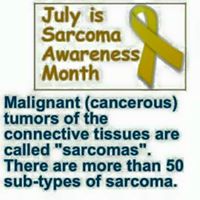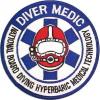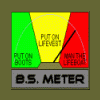-
Posts
2,034 -
Joined
-
Last visited
-
Days Won
36
Content Type
Profiles
Articles
Forums
Gallery
Downloads
Store
Everything posted by scubanurse
-
Home from my surgery, took longer than they had hoped and had a lot more damage than they had expected, but glad to be home
-
Wants this damn surgery over with...3 more days to get everything taken care of!!! And my mama comes to town tomorrow
 :)
:) -
surgery in 6 days... a lot to get done before I'm off my feet for 6-8 weeks!
-
My grandmother passed peacefully in her sleep on Sunday morning after a very long battle with Alzheimer's. She joins my grandfather, who passed in 2005. Will always love you Mimi.








